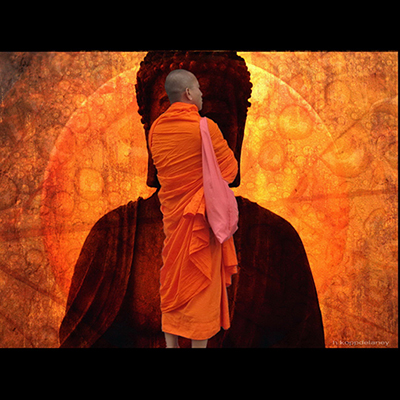3 The Religion and Worldviews proposal
When the statutory framework for providing universal, state-funded education in England and Wales was drafted in the nineteenth century, it was assumed that attention to children’s moral development was an essential component of schooling. Originally, this assumption was based in a predominantly Christian context. The situation became more complex in the later twentieth century as non-Christian people who were previously subjects of the British Empire immigrated to the United Kingdom. British people also increasingly found other things to do on Sunday mornings than attend church, even as they explored different kinds of spiritual and moral groundings.
Today most people in England and Wales identify as ‘non religious’, but this does not mean that young people are uninterested in exploring their own values and moral framework both inside and outside the classroom (Curtis et al., 2019, p. 5 and Harvey et al., 2021b). In the global context, traditional religious beliefs remain vital motivating factors for making life choices. This makes it more, rather than less, important that Religion and Worldviews are a topic of explicit discussion in schools.

